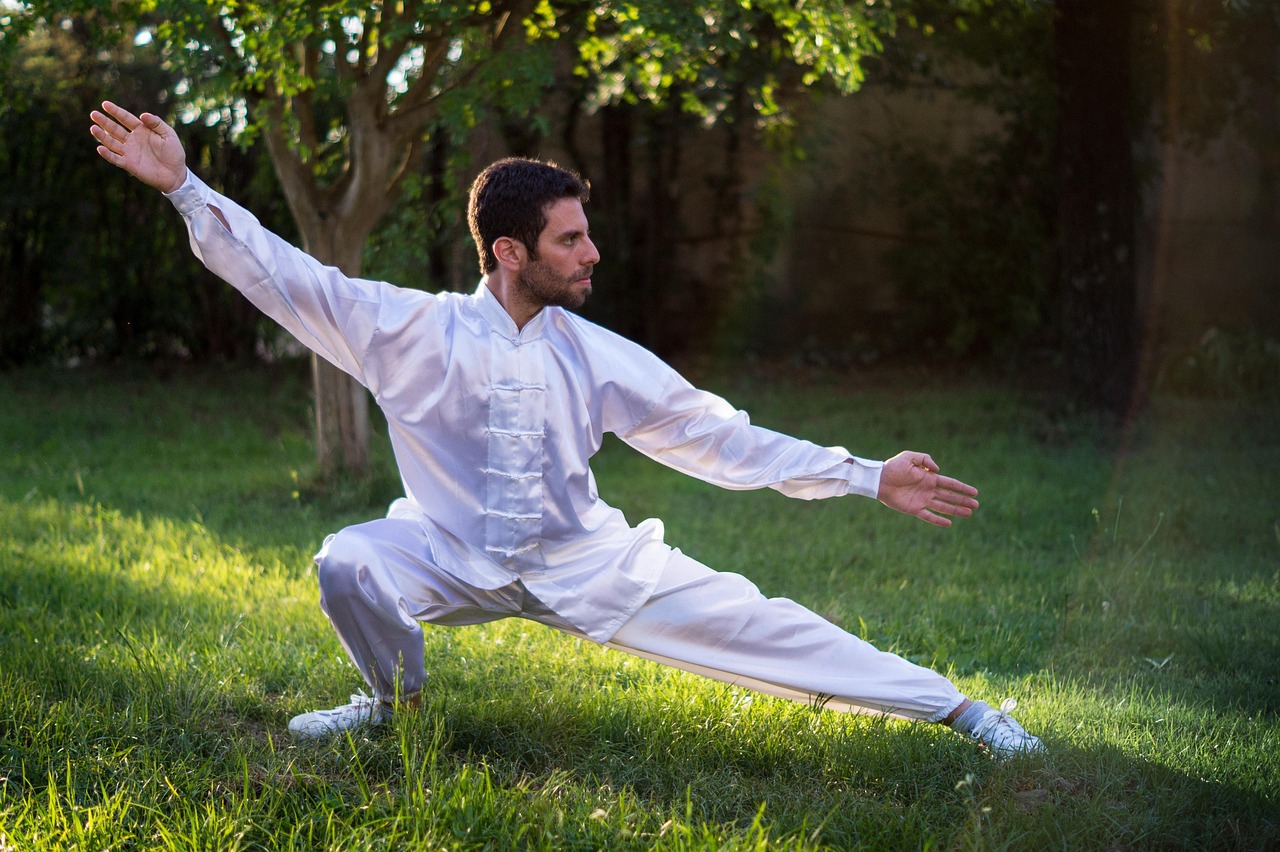Tai Chi - Part 2
The Art of Tai Chi: A Gentle Martial Art for Mind and Body

Tai Chi, also known as Tai Chi Chuan, is a gentle form of martial art that originated in China. In Part 1 of our series, we explored the history and benefits of Tai Chi. Now, let's delve deeper into the practice and philosophy behind this ancient art form.
The Practice of Tai Chi
Tai Chi is characterized by slow, flowing movements that are performed with focus and precision. These movements are often referred to as "forms" and are designed to promote balance, flexibility, and inner peace.
Practitioners of Tai Chi engage in a series of continuous, circular movements that flow from one to the next. These movements are typically performed in a slow and deliberate manner, allowing for mindfulness and concentration.
The Philosophy of Tai Chi
At its core, Tai Chi is based on the principles of Taoism, emphasizing harmony and balance in all aspects of life. Practitioners are encouraged to cultivate a sense of inner calm and tranquility while remaining grounded and centered.
Central to the philosophy of Tai Chi is the concept of "qi," or life energy, which flows through the body along specific pathways known as meridians. By practicing Tai Chi, individuals can enhance the flow of qi, promoting health and vitality.
Benefits of Tai Chi
- Improves balance and coordination
- Reduces stress and anxiety
- Enhances flexibility and strength
- Promotes relaxation and mindfulness
- Boosts overall health and well-being
Whether you are looking to improve your physical health, reduce stress, or cultivate a sense of inner peace, Tai Chi offers a holistic approach to wellness that can benefit people of all ages and fitness levels.
So why not give Tai Chi a try? Embrace the gentle movements, connect with your inner self, and experience the transformative power of this ancient martial art.
Start your Tai Chi journey today and discover a path to harmony, balance, and well-being.
Join us for Part 3 of our series as we explore advanced Tai Chi techniques and delve deeper into the spiritual aspects of this ancient practice.
